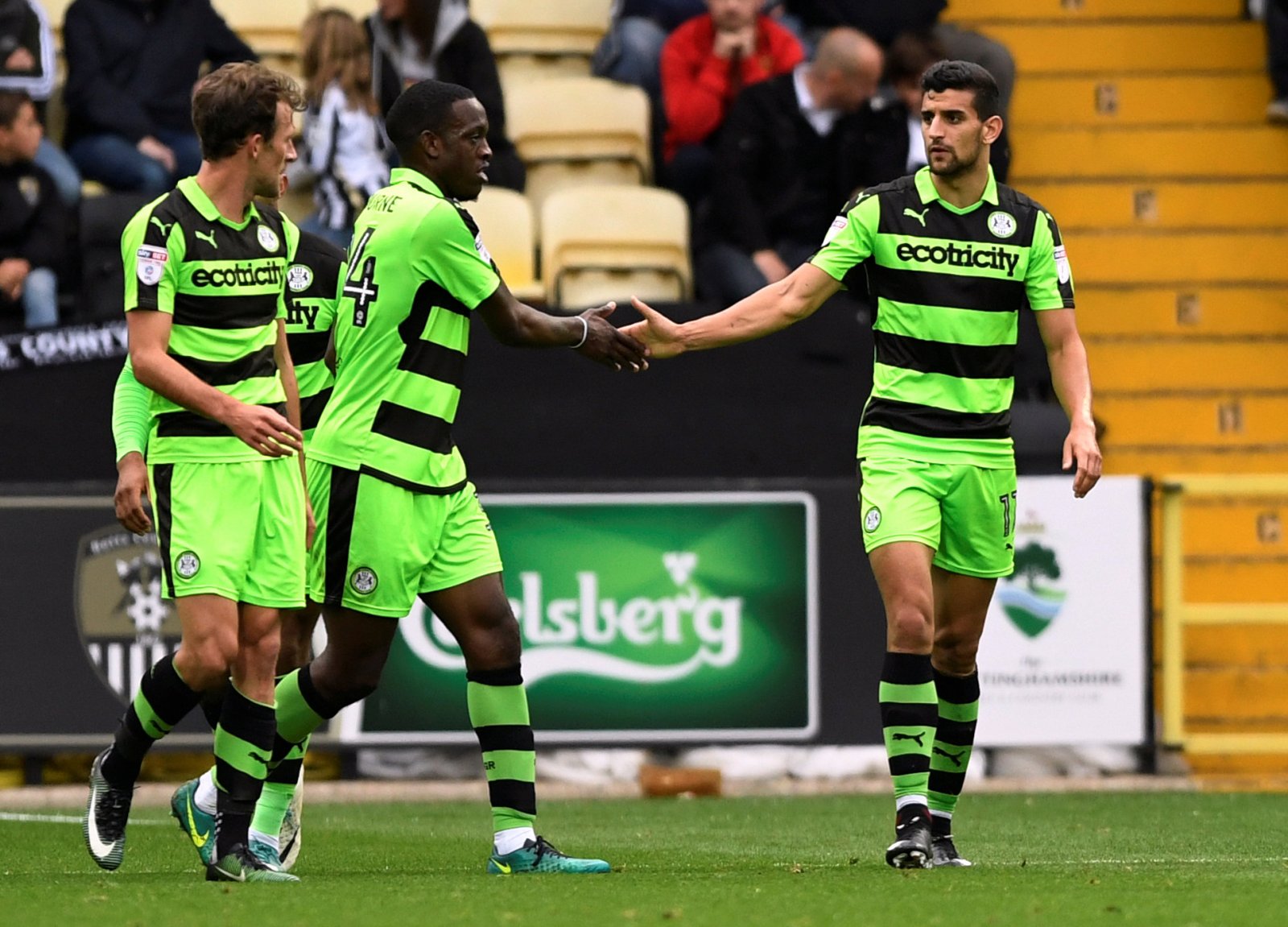
The beautiful game is one that has changed and evolved over the decades and, while something new or different can take time to find its place in football, for the most part, the sport has improved because of innovative ideas that have either brought us an enhanced spectacle or more refined surroundings from which we can view the action. In this article, we take a look at interesting recent developments in the financial side of football, along with creative environmental improvements, encouraging fans to consider their own impact on the natural world around them.
Bitcoin gaining mainstream exposure in football
In the midst of the winter transfer window, fans were once again left amazed by the incredible amounts of money leading Premier League clubs continue to spend. However, something that might have gone under the radar are the continued innovations clubs are making in their commercial activities, such as a landmark sponsorship deal that was signed by Arsenal in January 2018, partnering with American company, Cashbet Coin, who are confident the English club can provide their new products with excellent global exposure. The brand will be clearly visible throughout the Emirates Stadium and elsewhere, on background boards during flash video interviews with players and in different areas of the club’s official website.
As the online betting industry has enjoyed phenomenal growth over recent years, so have cryptocurrencies, with a growing number of bookmakers emerging to offer their customers a variety of options. While these markets have been established for several years, and are particularly popular in those countries with strict government regulation of online gambling, reaching out to a mainstream audience hasn’t been easy. For this reason, companies are always keen to link themselves to established brands, which the Premier League offers in abundance, thanks to record international broadcasting deals beaming live games to millions of homes around the world.
What makes this sponsorship deal even more interesting is that, while Cashbet Coin plan to launch their own currency exclusively for the betting industry, with an initial focus on mobile betting markets, Arsenal have become the first football club in the world to actively promote cryptocurrencies in the mainstream, following the announcement of this commercial partnership. Meanwhile, it’s not the only example of cryptocurrencies filtering into club activities early in 2018.
Unless you’re an avid follower of lower-league football in Turkey, you probably wouldn’t have heard of semi-professional side Harunustaspor, until recently. The reason they hit the international headlines wasn’t because of the size of the transfer fee they recently paid, but how they paid for it. To complete the modest £850 transfer for the signing of 22-year-old player, Omer Faruk Kiroglu, the novel move made by Harunustaspor was to use Bitcoin as part of the transaction.
Roughly £378 was paid using the cryptocurrency, while the remainder was paid in Turkish Lira, making this the first time in football history that Bitcoin has officially been used in a transfer fee transaction, pushing the electronic currency further into the mainstream as a practical payment method. ‘Bitcoin Omer’ is the nickname Harunustaspor fans now give to the player, while the club’s name was placed firmly into the international spotlight. Their club president was aiming for some publicity with the transfer deal but even he couldn’t have imagined just how much global attention it would bring.
Environmentally friendly football clubs
As millions of football fans attend matches at stadiums and grounds around the world every week, there is also an inevitable impact on the environment. Whether it’s the energy consumed to power floodlights and facilities or the volumes of litter generated in and around venues, football certainly makes its mark. Although many leading clubs throughout the game are keen to show a greener side to their activities, with recycling efforts and partnerships with agencies to improve energy efficiency, there are modest clubs who have taken their environmental friendliness to a completely different level.
One of the newest additions to the Football League, Forest Green Rovers are undoubtedly the eco-friendliest professional club in English football. Founded in 1889, for over a hundred years, the club had spent much of its history playing in regional leagues, before rising to the upper tiers of non-league football and the Conference National by the late 1990s, most often flirting with relegation. Their fortunes changed completely with the arrival of green energy entrepreneur, Dale Vince, who became a majority shareholder and then club chairman in 2010.
Since then, not only have Forest Green achieved their dream of reaching the Football League, and are keeping afloat in League Two, the club has also broken the mould to demonstrate that football and environmental matters can coexist. You won’t get meat pies at their New Lawn home because, since 2011, red meats were banned and the catering at this football ground only serves vegan foods, so Quorn-filled pies and pasties are amongst the choices on offer. Players and staff also adhere to a vegan-only diet during working hours, making Forest Green the world’s first all-vegan club.
That’s not the only change setting the club apart because Vince has also introduced other eco-friendly ideals, such as laying the world’s first completely organic football pitch, which is kept trim using a solar-powered robot grass mower, using GPS technology to guide it around the playing surface. Much has changed to reduce the environmental impact of the current ground, but there are also plans for a move to a new venue, with initial designs based on a construction made almost entirely out of wood.
Forest Green aren’t the only lower-league football club in the world to introduce an eco-friendly philosophy, because thousands of miles around the world in Brazil’s Curitiba state, modest side J. Malucelli FC have arguably been greener for longer. Built in 2007, the Janguito Malucelli stadium was the first entirely green stadium in Brazil, incorporating the very environment itself within the design. Along one side, steps have been dug into the hillside, where seats are placed and surrounded by grass. No concrete has been used anywhere, so constructed areas are made entirely of wood from nearby reforested areas, while fastenings and fixings are recycled iron from railway sleepers.
From a technical standpoint, replicating ideas encouraged by clubs such as Forest Green and J. Malucelli FC on a larger scale at the stadiums of the biggest teams in the world might be difficult. However, they do provide food for thought and, having attracted considerable media interest, it’s not hard to imagine some of the biggest names in football embracing at least some of the concepts that these humble and modest clubs are so proud to encompass so centrally in their philosophies.













